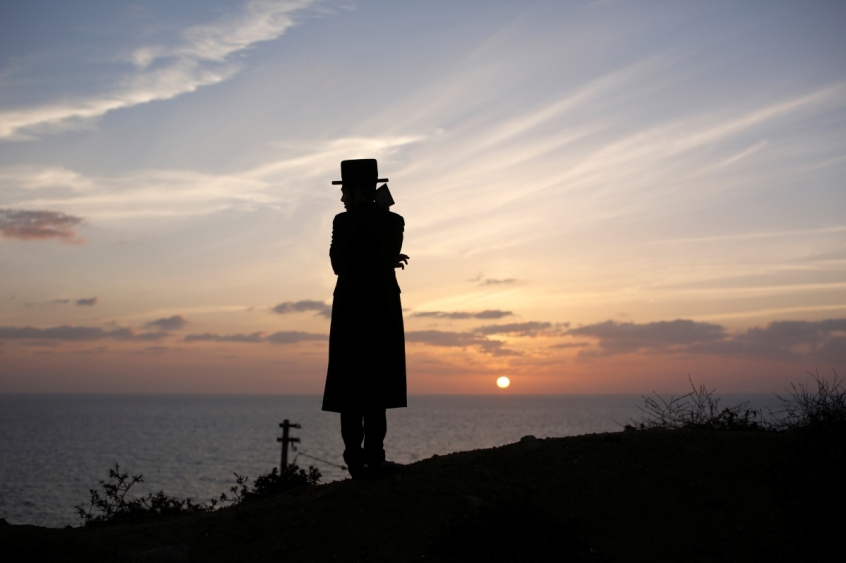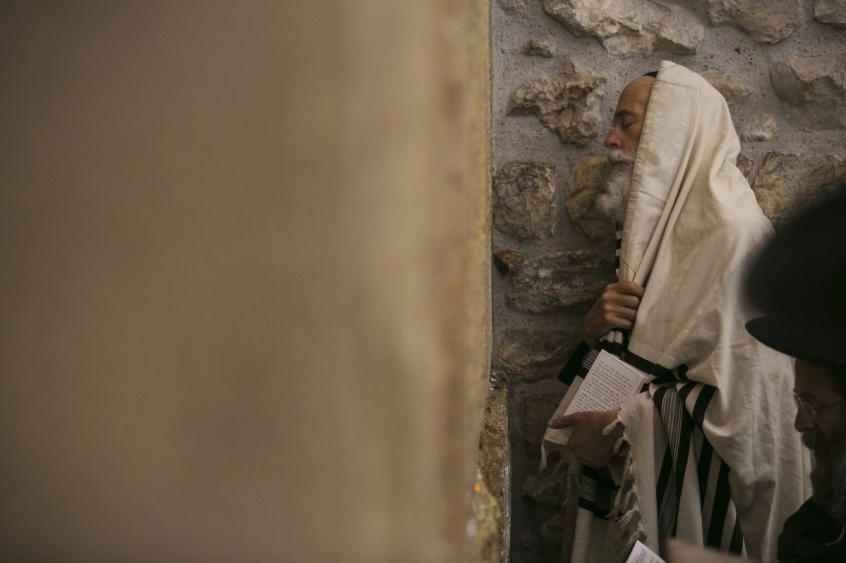
Yom Kippur, the holiest day in the Jewish Calendar, begins tonight – Tuesday 11 October – at sunset. Ten days after Rosh Hashanah, the start of the Jewish New Year, it's a major holiday for members of the faith.
Here's everything you need to know:
1. Yom Kippur means 'Day of Atonement', and is a one day celebration that ends tomorrow evening. It's also known as the "Sabbath of Sabbaths" and sometimes simply referred to as "the Day".
2. It always takes place on the 10th day of the seventh month of the Jewish calendar – the month of Tishri.
3. It marks the end of the Days of Awe; a period of repentance, reflection, and looking to the year ahead.
4. Jews put a special focus on forgiveness during Yom Kippur. Believers dedicate the eve of the day to apologising for sins committed against others during the previous year.

5. Yom Kippur commemorates God's covenant with the Jewish people.
6. The Day of Atonement was established during the time of Moses and is described in the Bible, in Leviticus 16. It outlines the rituals undertaken by the High Priest on that day, which was the only day he could enter the Holy of Holies; the most sacred place in the Temple and where the presence of God dwelt.
7. Christians believe that the ceremony of sacrifice God prescribes for this day directly foreshadows the coming of Christ, and his sacrifice for our sins.
8. In Leviticus 16:34, the Lord tells Moses: "This is to be a lasting ordinance for you: atonement is to be made once a year for all the sins of the Israelites," and in chapter 23 v 28, he declares that it is to be a day of rest.
9. Jewish people often fast during Yom Kippur, and eat a large meal with family before and afterwards.
10. The wearing of white clothes is traditional, to symbolise purity.













